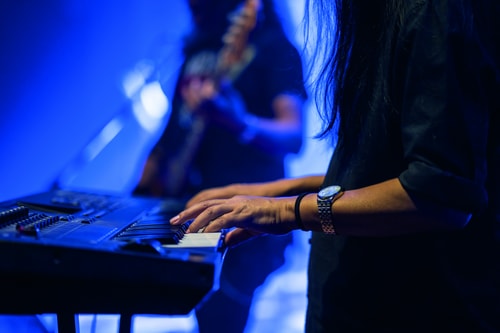See what we can do
How good is your church at including the growing number of blind and partially sighted people in society? asks Torch Trust’s sight loss friendly church advisor
“It’ll be strange for you when you go to heaven, won’t it?” I was having a bite to eat before a fundraising concert for my church, and the comment caught me offguard. “Why?” I asked. “Well, you’ll be able to see!”
I admired the strength of his faith, but would I really be able to see in heaven? I spent the remainder of my dinner break pondering his assertion. It’s not something I’d ever thought about...
I know intellectually that my blindness means that I’m broken, but aren’t we all broken in some way? The crucial difference, I suppose, is that it’s virtually impossible to hide my particular...
Unfortunately, however, being acceptable to God does not automatically imply being acceptable to society. The church has a collective responsibility to be at the forefront of righting this...


